My name is Amy. My gardening zone is 4 and I live in
Boyne City Michigan; Boyne City Michigan is located in the northern part of the lower peninsula.
I know that if you're careful enough and cautious enough and you have enough experience with gardening and transplanting seedlings, that any seedling can be transplanted.
I also know that some seedlings do not transplant well and the best way to grow them is directly sowing them where they are going to be grown. What vegetables transplant well and which should you just directly sow where they're going to be grown? I plan to grow all my vegetables from seed.
I know that these varieties of vegetables do not transplant well and should be direct sown:
*Cucumbers
*Acorn Squash
*Butternut Squash
*Pumpkin
*summer squash (also known as yellow squash)
*Zucchini
*Spaghetti Squash
*Cantaloupe
*Watermelon
I was also told that any type of root vegetable should be direct sown and even if you use peat pots when growing
root vegetables they still do not transplant well.
The root vegetables I know of are carrots, beets, parsnips
turnips, and white radish (white radish is longer and thinner than red radish, takes longer to mature than red radish, and compared to red radish has a milder flavor).
Are members of the onion family (chives, scallions, red onion and yellow onion is what I'd grow) considered root vegetables and should they be direct sown or is feasible to transplant them?
Is it feasible to transplant root vegetables or is just easier on the gardener and the root vegetables being grown to be direct sown?
Given that I have an idea of what doesn't transplant well
that leaves what is feasible to start indoors and from seed and what does transplant well.
The list I have of vegetables that can be transplanted well are these:
*Broccoli
*Cauliflower
*Tomatoes
*Cabbage
*Lettuce
*Collard Greens
*Bell peppers
*Sugar snap peas
*Spinach
*Corn
*Eggplant
*celery
*Peas (do these transplant well or are these best directly sown)
As a rule-of-thumb how far in advance should you start your transplants? (PLEASE SPECIFY THIS INFORMATION IN MONTHS OR WEEKS). Also how old should your seedling transplants be when you transplant them? Again please specify this in weeks or months.
I know their root systems need to be well developed but I don't know how long it will take to accomplish that. I've heard that you should start 8 weeks in advance of when you plan to transplant your seedling transplants. However I could be wrong on this because with most of the seed varieties I plan to grow, 8 weeks is either their entire maturation cycle if grown from seed.
Most of the varieties of vegetables I'd like to grow take between 40-60 days to mature. I plan to grow from seed using early varieties of vegetable because I have a very short growing season because of where I live.
I plan to grow my transplants from seed using a grow light shelf. The reason I plan to use transplants is because when I tried direct sowing the varieties of vegetables I'm attempting to grow currently I've encountered numerous problems using this method. Insects have decided that my seedlings are their lunch and windy and rainy weather has knocked over my seedlings; I've had to restart from seed again with the seedlings that were knocked over which I really can't afford to do due to short growing season here.
I know that the weather should be a certain condition when you plan to transplant your seedling transplants. This
will allow them to recover from the shock more easily.
What should the weather conditions be? I know if it's too hot or too cool that this will effect how well the seedling
transplants will recover from transplant shock. I heard it should be overcast and cool; how accurate is this?
I plan to use peat pots for transplants because they're biodegradable and you can just plant the seedling transplant pot and all where it will grow. However my only concern is the cost of the peat pot themselves. They're not very expensive but unfortunately I'm on a very limited
budget.
I also know that to imitate a breeze some people will use a fan and put the fan on the lowest setting. They'll then put it in front of their seedlings. This is done to make the seedlings stronger and so that when they're transplanted outside they don't die due to not being used and acclimated to such harsh conditions.
I want to do this but how many times per day should the fan be on and for long should it be on during each time you do so? When should you start to do this? I know if you start this too early when the seedlings are too young it will kill them. However I know the sooner you start the better cause they will get acclimated to types of outdoor conditions better and adjust to them better as a result.
There are also two varieties of peat pots; big and small.
I know certain varieties of seedlings are bigger. Which size peat pots should I use for which vegetables? Also I know that you have to go through the process of hardening off with seedlings that are going to be transplanted to get them accustomed to outdoor conditions. I plan to use peat pots which means I'll essentially be planting the seedling pot and all to alleviate transplant shock. If I'm using peat pots do I still have to go through the process of hardening off?
The varieties of veggies I plan to grow are:
cabbage, lettuce, collards, spinach, celery, eggplant,
bell peppers, and tomatoes
I would also like to do herb transplants but do herbs in general not transplant well or is it feasible to transplant them?
The herbs I'd like to grow are cilantro, chives, lavender (this I'm not sure if I can grow because I don't know if where I live has a warm enough climate), oregano (again I don't know if I can grow it because I don't know if where I live has a warm enough climate), basil, and parsley. I might grow mint and marjoram too, but I don't know.
The other vegetables I plan to grow from seed are
ones that would be direct sown and they are watermelon,zucchini, acorn squash, summer squash, scallions,
yellow onion, red onion, turnips, beets, and white radish.
I could use help and advice and suggestions regarding transplanting because I've never grown seedlings that are going to be transplanted. However I plan to grow seedlings from seed that transplant well to avoid the problems I've encountered this year with directly sowing from seed.

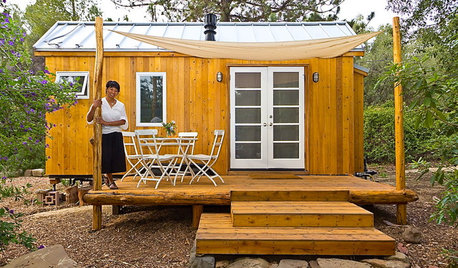

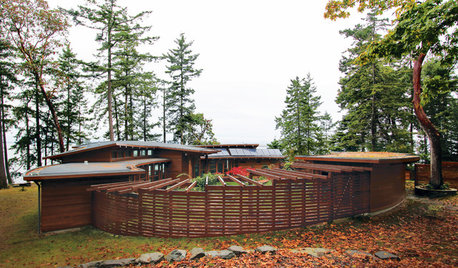
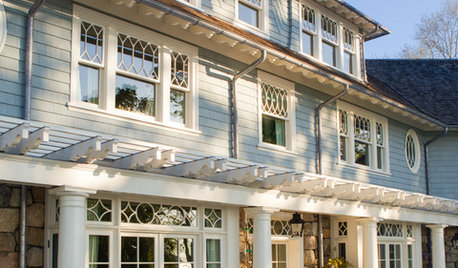
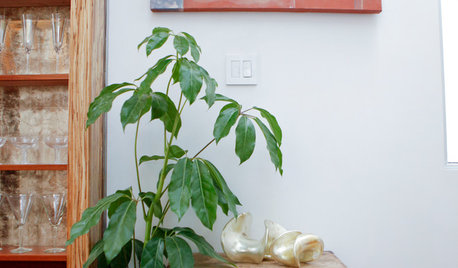
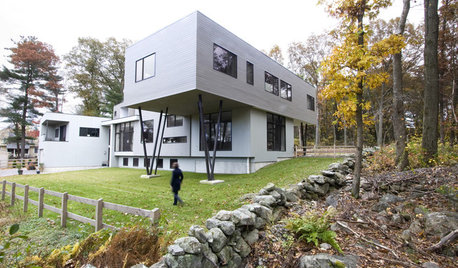






yiorges-z5il
taz6122
Related Discussions
what vegetables don't do well with transplanting?
Q
What does/doesn't grow well in Oklahoma?
Q
So, what grows well for you? What doesn't?
Q
Well, that doesn't look right. Now what?
Q
origami_master
Started_with_bean